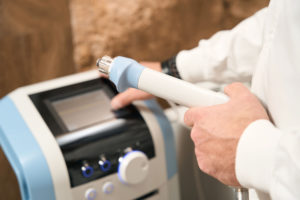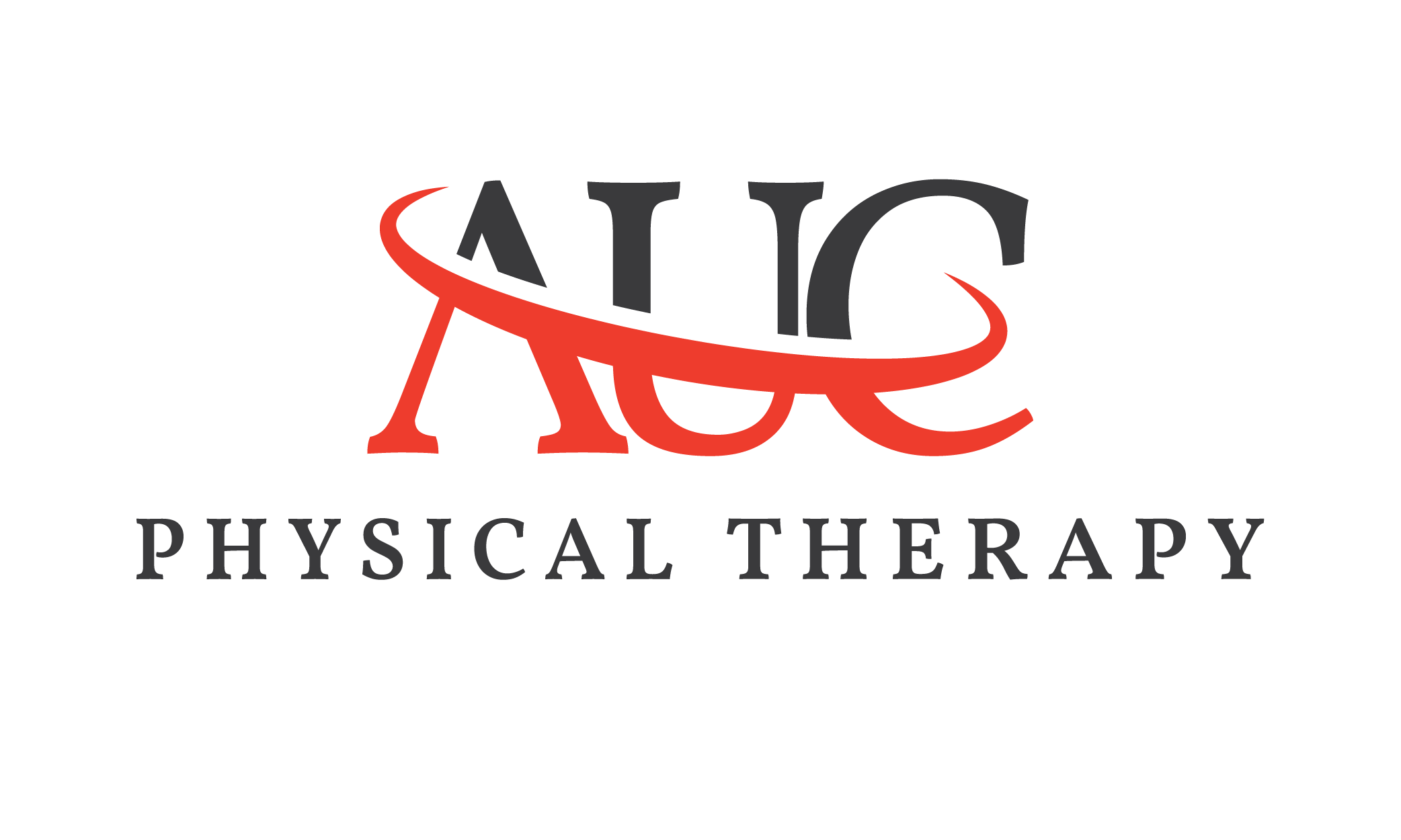As patients seeking relief from pain and searching for effective treatment options, it is natural to question the efficacy of different therapies. One such therapy that has gained attention and sparked curiosity is shockwave therapy. In this blog post, we will delve into the subject and provide you with a comprehensive evaluation of the question at hand: Does shockwave therapy work?
First, let’s understand what shockwave therapy is.
Shockwave therapy, also known as extracorporeal shockwave therapy (ESWT), is a non-invasive treatment that uses high-energy sound waves to stimulate the body’s natural healing process.
These sound waves are focused on targeted areas of the body to promote tissue regeneration, reduce inflammation, and relieve pain. Common conditions treated with shockwave therapy include plantar fasciitis, Achilles tendonitis, tennis elbow, and shoulder impingement syndrome.
You may be wondering how shockwave therapy works. The sound waves produced during a shockwave therapy session penetrate the affected area, stimulating blood flow and boosting the delivery of nutrients to damaged tissues. This increased blood flow promotes the formation of new blood vessels and accelerates tissue healing.
Additionally, shockwave therapy has been shown to inhibit pain receptors, thereby alleviating discomfort, and improving overall quality of life.
But does shockwave therapy work? To answer this pressing question, we turn to clinical studies and research. Numerous studies have been conducted to evaluate the effectiveness of shockwave therapy, and the results are promising.
Research has shown that shockwave therapy can provide significant pain relief and improve functional outcomes for a variety of musculoskeletal conditions. However, it is important to note that while many patients experience positive outcomes, individual responses to treatment may vary.

In terms of effectiveness, a study published in the Journal of Orthopaedic Surgery and Research examined the outcomes of shockwave therapy for chronic plantar fasciitis. The study concluded that shockwave therapy demonstrated statistically significant improvement in pain reduction and functional outcomes compared to a placebo group.
Similarly, another study published in the American Journal of Sports Medicine found shockwave therapy to be more effective than traditional physiotherapy for treating tennis elbow.
While clinical studies provide evidence supporting the effectiveness of shockwave therapy, it is essential to consider the limitations and potential risks associated with this treatment. Shockwave therapy is generally considered safe when administered by a qualified healthcare professional. However, it may not be suitable for everyone.
Patients with certain medical conditions such as a bleeding disorder, pregnancy, or a pacemaker, should consult with their healthcare provider before considering shockwave therapy. Additionally, some patients may experience temporary side effects such as bruising, swelling, or discomfort at the treatment site.
To gain further insight into the effectiveness of shockwave therapy, we sought the opinions and recommendations of medical experts. Dr. Sarah Thompson, a renowned physical therapist specializing in musculoskeletal conditions, underscores the value of shockwave therapy, highlighting that it can provide an effective non-surgical alternative for many patients. She emphasizes the importance of personalized treatment plans and the expertise of trained physical therapists in maximizing the benefits of shockwave therapy.
It is also important to compare shockwave therapy with other treatment options. While shockwave therapy has shown efficacy, it may not be the most suitable choice for every patient or condition. Other treatment modalities such as physical therapy, medication, or surgery may be more appropriate depending on the individual’s specific circumstances.
It is crucial to consult with a healthcare professional to determine the optimal course of treatment based on a thorough evaluation of your condition.
In conclusion, shockwave therapy has demonstrated effectiveness in relieving pain, promoting healing, and improving functional outcomes for various musculoskeletal conditions. Clinical studies and patient testimonials provide evidence of its benefits. However, as with any medical intervention, shockwave therapy may not be the right choice for everyone.
Consulting with a qualified healthcare professional who can provide a comprehensive evaluation and personalized treatment plan is essential to achieving the best possible outcomes.
Remember that you are at the center of your care, and together with your dedicated physical therapist, you can make informed decisions on your path to recovery and a pain-free life.
Contact us to start your health journey with us!




